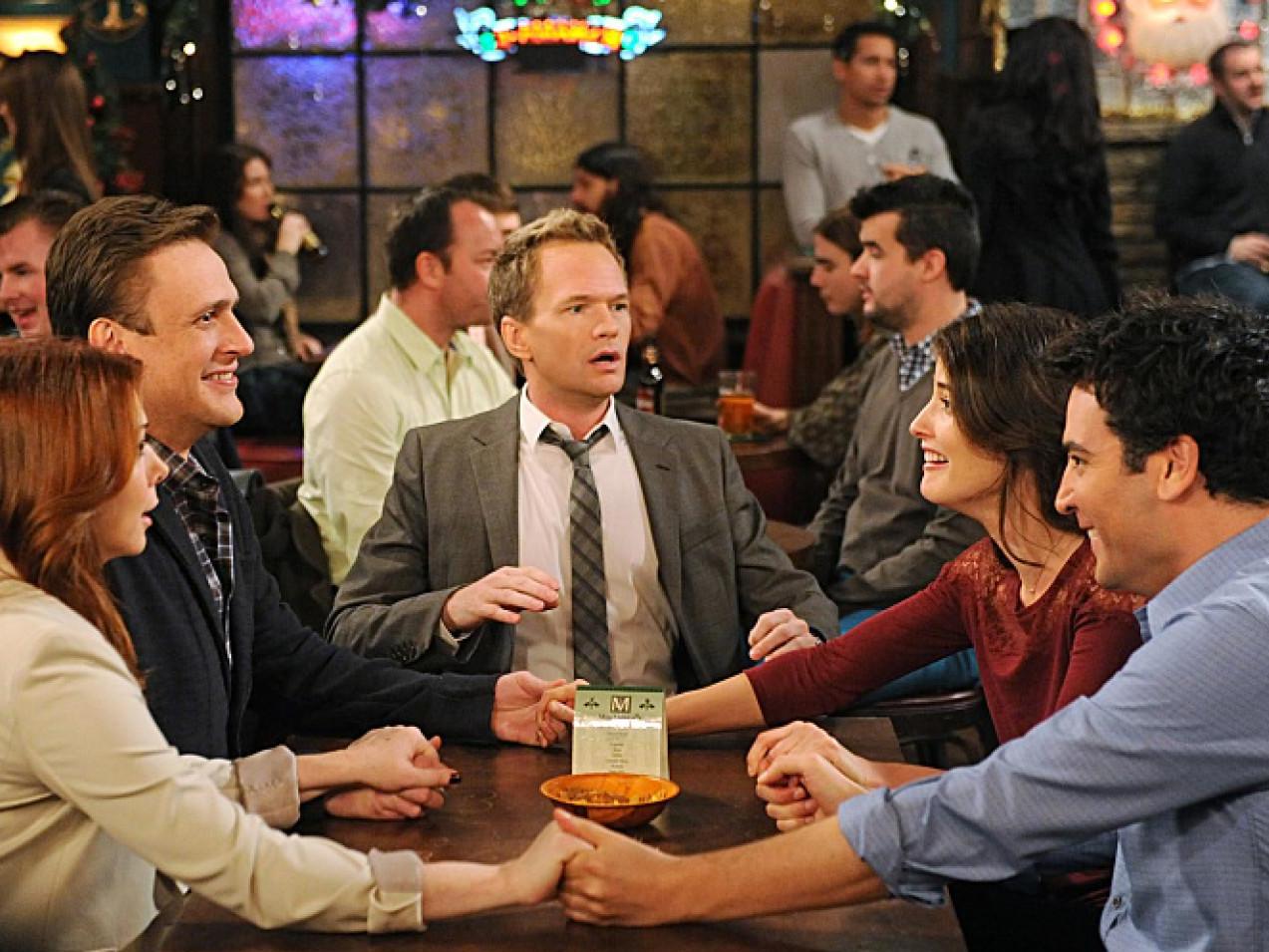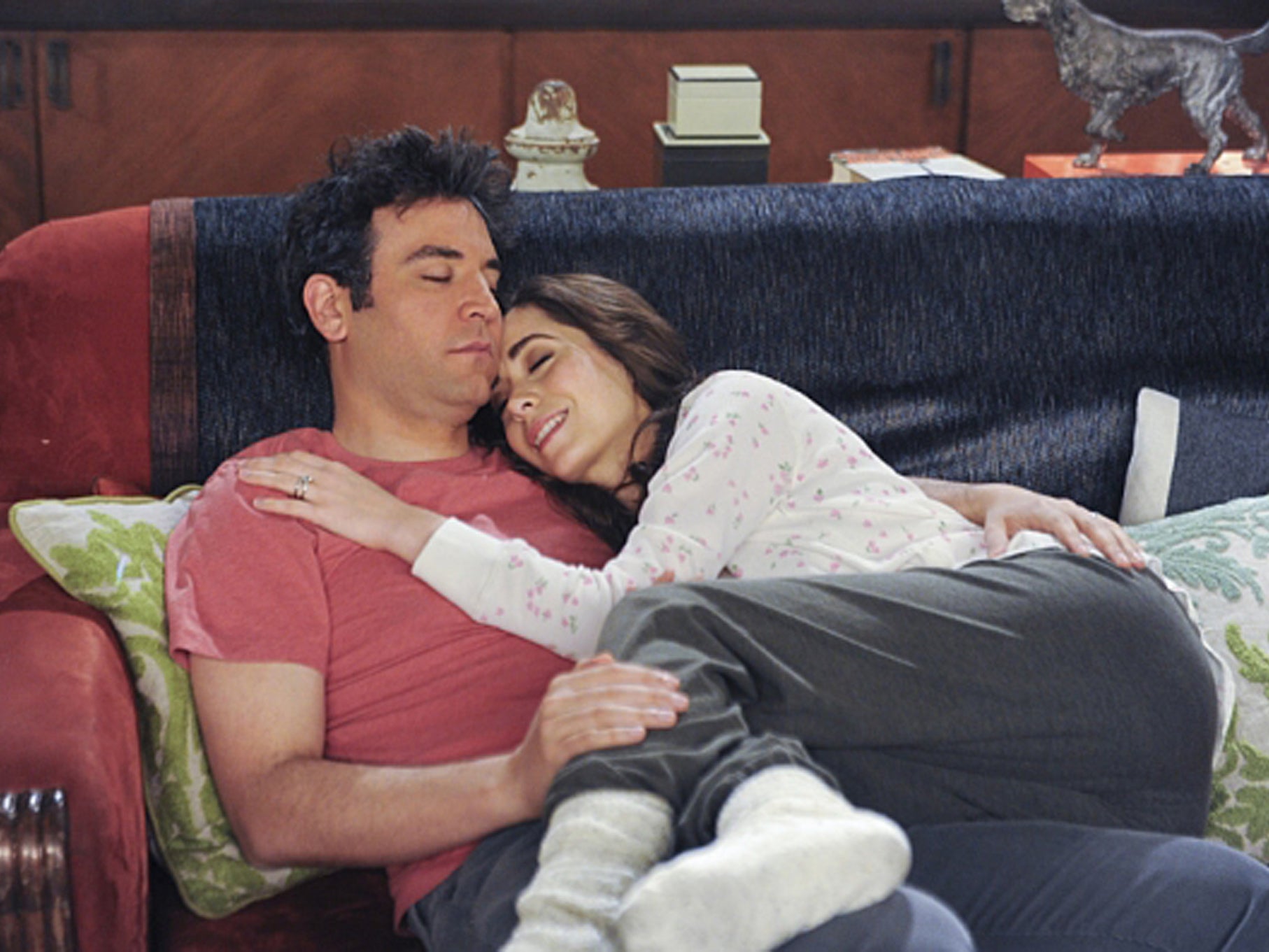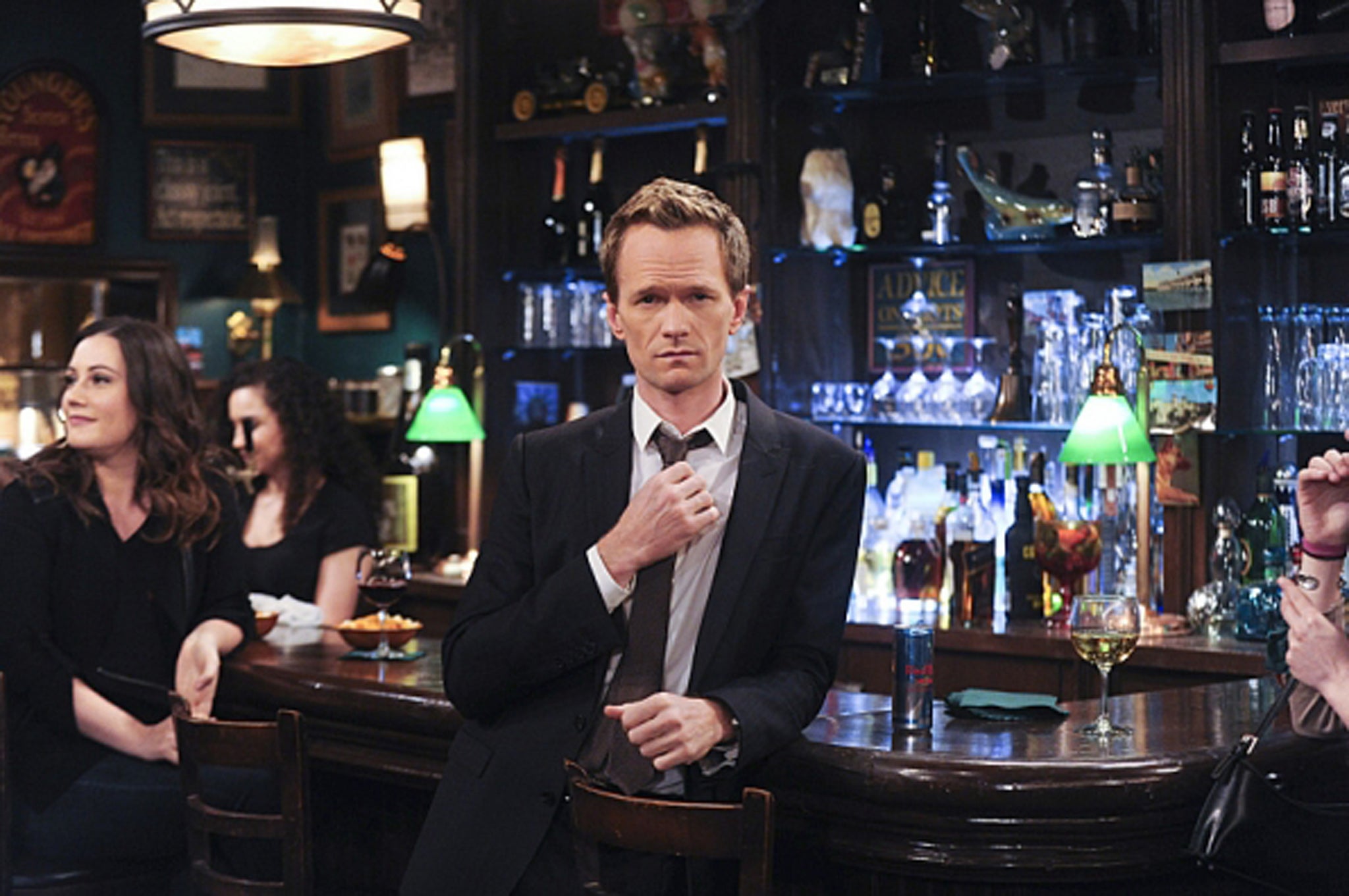How I Met Your Mother’s rapid slide into irrelevance shows what happens when TV finales go wrong
The sitcom, which billed itself as an ‘elevated’ Friends, was the biggest thing on television for a while, writes Adam White. But in the years since its disastrous finale, its legacy has been eroded


Your support helps us to tell the story
From reproductive rights to climate change to Big Tech, The Independent is on the ground when the story is developing. Whether it's investigating the financials of Elon Musk's pro-Trump PAC or producing our latest documentary, 'The A Word', which shines a light on the American women fighting for reproductive rights, we know how important it is to parse out the facts from the messaging.
At such a critical moment in US history, we need reporters on the ground. Your donation allows us to keep sending journalists to speak to both sides of the story.
The Independent is trusted by Americans across the entire political spectrum. And unlike many other quality news outlets, we choose not to lock Americans out of our reporting and analysis with paywalls. We believe quality journalism should be available to everyone, paid for by those who can afford it.
Your support makes all the difference.In a parallel universe, Greta Gerwig wouldn’t be the Oscar-nominated director of Lady Bird and Little Women. She’d be the star of a How I Met Your Mother spin-off, one titled, in all seriousness, How I Met Your Dad. But that proposed series, which would have been narrated by Meg Ryan, never came to pass. Because in the time How I Met Your Dad was first announced to the day it was abandoned, How I Met Your Mother had wrapped up its own final season, and become too toxic as a brand to ever mine for further content. Six years later, it is met with punishing indifference at best, outright hostility at worst.
How I Met Your Mother has all but disappeared from the cultural consciousness. It hasn’t been critically reappraised or memed into oblivion, its catchphrases haven’t lasted, and its stars have struggled to replicate their visibility at the show’s peak. That all-important second or third life for the show as a whole remains elusive, too. Whereas Friends, The Office and the recent influx of 1990s black sitcoms (Moesha and Sister Sister among them) to launch on the US Netflix have spawned generations of new fans, HIMYM has stayed dormant. This week, it was confirmed that a line of HIMYM-inspired toys are to be produced by Funko Pop, the makers of those cartoon-like, big-eyed figurines found in every shop on the high street. But that news mostly served as a reminder that, oh yes, How I Met Your Mother was a programme that once existed.
For a time, such a fate seemed unthinkable. HIMYM, which began in 2005, billed itself as a kind of “elevated” Friends. It was a sitcom that took that show’s key ingredients (a neurotic New Yorker ensemble, dating woes and a central drinking establishment where everyone lets off steam), while adding time jumps, mysteries and unreliable narrators. It was essentially a love story told in reverse. In 2030, affable architect Ted Mosby tells his teenage children about the events that led up to him meeting their mother, with Ted’s romantic trevails (and his friendships with engaged couple Lily and Marshall and pick-up artist creep Barney) unfurling in flashback.
In the show’s first episode, Ted (Josh Radnor) pursues news anchor Robin (Cobie Smulders), with whom he’s become enamoured. Initially, they appear to be this show’s version of Ross and Rachel, the central couple which every future plot somehow revolves around. By the episode’s end, it had turned out to be a bait-and-switch – the older Ted tells his children that this specific story isn’t about how he met their mother, but rather their “Aunt Robin”.

That central mystery (“OK, then who is the mother?”) powered the show for the succeeding nine seasons. Over time, the show also became a pop culture behemoth. Jason Segel, who portrayed Marshall, was quickly anointed the show’s breakout movie star, taking roles in hit films such as I Love You, Man and Bad Teacher. Neil Patrick Harris confirmed he was gay a year into the show, and there was something transgressive about an out actor playing a womanising lothario – even if his character, Barney, was the kind of “loveable arsehole” caricature who was more destructive to the culture than essential to it.
As the show grew in popularity, stars flocked to it in the hopes of boosting their profiles by proxy. For a few years at least, HIMYM was the sitcom equivalent of that X Factor era where Beyoncé would happily rock up to duet with Alexandra Burke. Britney Spears, Katy Perry, Carrie Underwood and Jennifer Lopez all guest starred as love interests for the gang. Bryan Cranston shot a cameo two months after the end of Breaking Bad. The show’s reach was massive and its importance to US broadcaster CBS increasingly important, meaning its central mystery grew more and more frustrating the longer it was dragged out.
There were vast Reddit threads theorising about the identity of the mother, and deep dives into potential clues from past episodes (based on an off-hand joke in a first-season episode, many fans had long speculated that The Mother was named Tracy, something not confirmed until the very last episode). Others pondered the significance of the many random objects baked into the show’s mythology, from a blue french horn to a mysterious pineapple, its origins unknown.
Introducing so many subplots and clues of varying import would go some way to explaining why the show’s ending left fans infuriated. Unlike Lost, which built to a climax that was only problematic to those who wanted it to end completely differently, HIMYM seemed to pivot away from all of the storylines it had been developing in exchange for a last-minute plot twist.
Barney and Robin, who became romantically involved over the course of the show, were divorced minutes into its hour-long finale – despite the entire final season taking place over the three days leading up to their wedding. The Mother, who had been introduced Zelig-like through significant encounters with every major character over the course of the season, was also revealed to have died of a mystery illness a decade or so after having children with Ted. In a further twist, the Ted of the future had been telling his children the story of how he met their late mother, but not the woman he was always meant to be with – who was in fact Aunt Robin the entire time.
For fans, who had generally approved of the Barney/Robin relationship and fallen for Cristin Milioti’s sunny performance as The Mother over the show’s final run, it felt like a slap in the face. More than 22,000 fans signed a petition to have the finale rewritten, while a fan-edited climax, which depicted the show ending just as Ted and The Mother finally got together (removing her death entirely), went viral. An alternate ending, which was more or less the same as the fan-made version, was included as a special feature on the final season’s DVD release. How I Met Your Dad, which seemed such a sure-thing for a series order months earlier, was quietly binned.
Gerwig has claimed that she was the problem with the spin-off, telling Stephen Colbert in 2017 that audiences in test screenings disliked the show whenever she was on screen – a problem, given that she was its star. But the vitriol levelled at HIMYM around the same time must have had some impact on the show’s abandonment. CBS had “indie movie darling” Gerwig and the voice of Meg Ryan, in what would have been her first regular TV role – they would have made it work if they really wanted to.
While fan vitriol over an unfortunate finale isn’t unusual, it isn’t often detrimental to everything that came before it. Seinfeld’s grand finale, a glorified clip show that left its cast in jail, was notoriously controversial, but its badness didn’t reverberate backwards, souring its preceding seasons. The ambiguity of The Sopranos’ final shot left a number of fans outraged – but you’d be hard pressed to find anyone so infuriated by it that they wouldn’t recommend the show as a whole to their friends or family.
How I Met Your Mother was a different beast, its finale souring its very foundation. When so much of the show’s narrative momentum stemmed from a story that ended horribly, it rendered much of it unappealing to revisit. In an era in which streaming services are make-or-break platforms for the modern relevancy and continued lifespan of classic shows, HIMYM has specifically limited rewatchability. That it also courted an interactive quality within its fanbase, urging viewers to become armchair detectives in regards to its mystery, only deepened a feeling of betrayal.

There were other factors, too, that have made HIMYM unappealing in a modern context. For a show all about hip New Yorkers who hang out in a bar, there was often an odd conservative streak to the show’s fixation on heterosexual marriage, babies and monogamy. Barney, meanwhile, has come to exemplify the unfunny worst of male sleaze, while the show always seemed to promote the idea that his behaviour, and behaviour like it, merely needed to be “fixed” by good-but-not-dull or cool-but-not-intimidating women. In the final ever episode, Barney finally develops respect for women after having a baby daughter – the mother of the child, a one night stand Barney dubs “Number 31” in lieu of bothering to remember her name, is apparently irrelevant to such ostensible growth.
It all leaves the show an unusual pop culture relic in 2020, with an enormous discrepancy between how big the show was just a few years ago, and how little it seems to matter today. Those new Funko Pops are still coming, somebody somewhere determining tiny plastic figurines of Ted Mosby are worth manufacturing, but it doesn’t take into consideration how little the show exists in modern conversation. Instead, the show sits unloved amid the megabytes of content offered by a Netflix or a Hulu, a smiley cast shot you briefly hover over before remembering how terribly it ended and watch Friends again instead.
Join our commenting forum
Join thought-provoking conversations, follow other Independent readers and see their replies
Comments